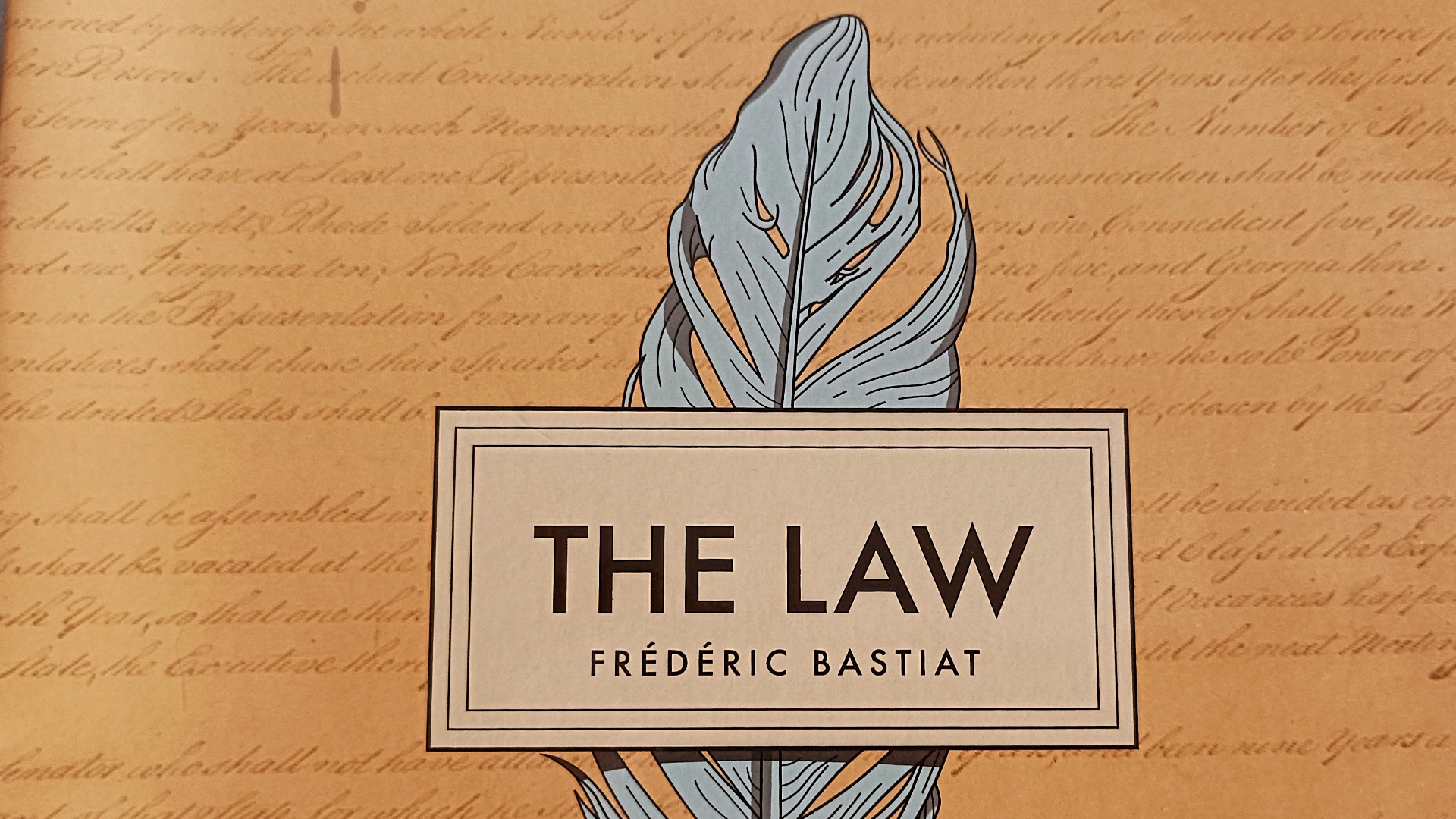The following is an excerpt from Frédéric Bastiat’s “The Law.” Studying this is important because we live in times where engaging in political discourses result in disharmony and opposing viewpoints. We are witnessing a polarisation between nations, and this is leading towards a new upheaval in the dialogue to establish the role of government and this is precisely why Bastiat’s truths are more valid than ever now.
“ We hold from God the gift that encompasses them all: life, physical, intellectual, and moral life.
However, life is not self-supporting. He who has given it to us has left us the job of looking after it, developing it, and improving it.
To do this, He has provided us with a set of exceptional faculties and immersed us in a milieu of diverse elements. It is through the application of our faculties to these elements that the phenomena of assimilation and appropriation take place, through which life proceeds along the circle allocated to it.
Existence, faculties, and assimilation—in other words, personality, freedom, and property—this is man in a nutshell.
It may be said that these three things, leaving aside any pedagogical hair-splitting, precede and supersede all human legislation.
It is not because men have enacted laws that personality, freedom, and property exist. On the contrary, it is because personality, freedom, and property are already in existence that men enact laws.
What is the law, then?… It is the collective organization of the individual right of legitimate defense.”
Times presently indicate that freedom is on the defense. Governments are continuing to grow into machines of more oppression, which is providing an easy going narrative for them to abuse their power, and draw us into regimes descending towards authoritarianism, tyranny and totalitarianism. Powers and interests are continued to be prioritized over rights of the individuals and this is why Bastiat’s emphasis on natural rights becomes important. As per him, the moral basis of government draws its roots from a social contract between the individuals and the state. The social contract illustrates the role of the government as a defender of fundamental freedoms rather than as a force with unrestricted authority over people. In the present context, this agreement has become distorted and ignored, because governments are wielding their power without regard for the well-being of their citizens. Bastiat remained of the opinion that the function of the state should be restricted to the defence of natural rights, and that any action taken outside of that framework would be an infringement on the rights of the individual. He made the case that when the government interferes with the economy or with people’s personal lives, it distorts the natural order of things, which eventually hurts both people and society.
Defining the government’ jurisprudence will allow harmony and less reasons for political revolts, which would otherwise allow unknown possibilities.
“If you attempt to make the law religious, fraternal, equalizing, philanthropic, industrial, literary, or artistic — you will then be lost in an uncharted territory, in vagueness and uncertainty, in a forced utopia or, even worse, in a multitude of utopias, each striving to seize the law and impose it upon you. This is true because fraternity and philanthropy, unlike justice, do not have precise limits.
Once started, where will you stop? And where will the law stop itself?”






